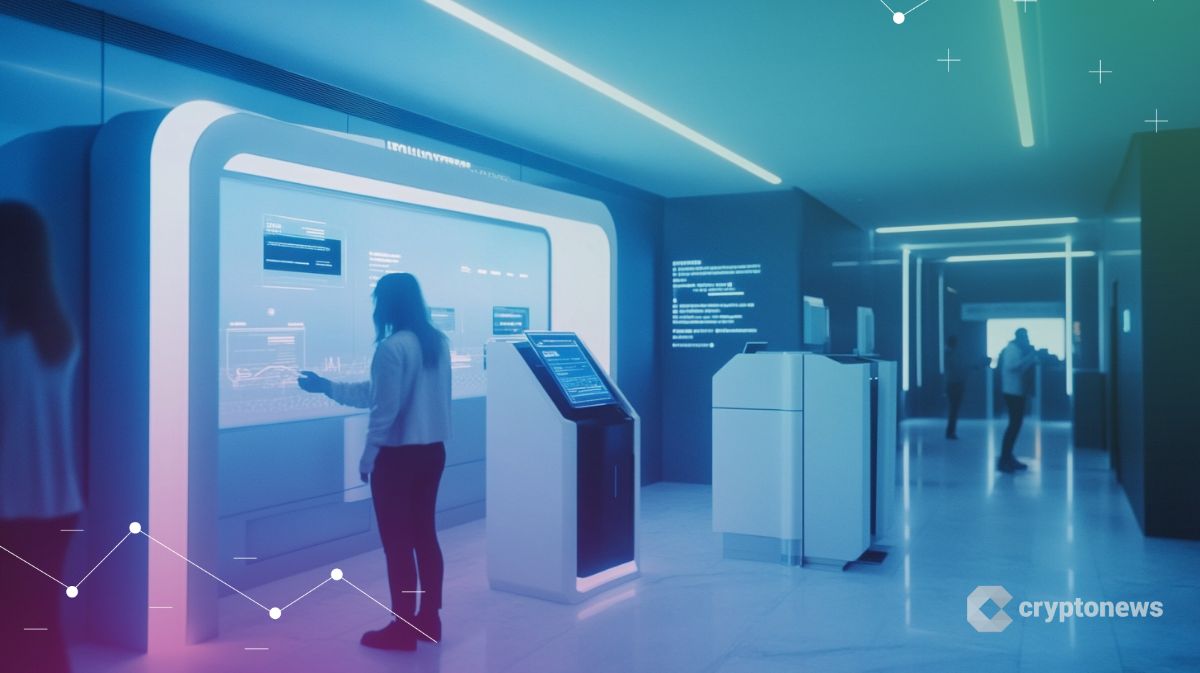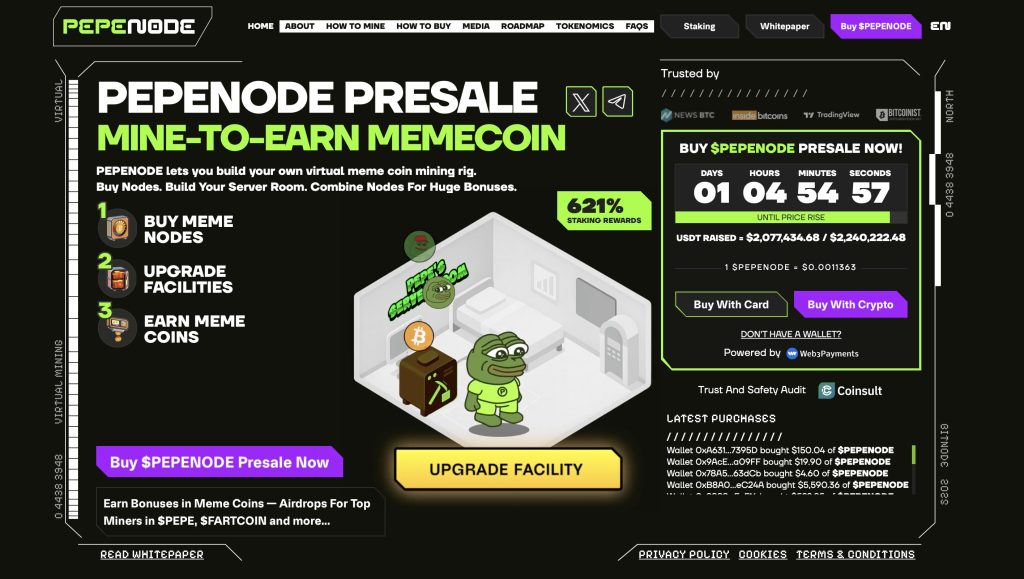
Jito Foundation, the organization that works to accelerate the adoption of Jito protocols via the Jito DAO, has announced that JitoSOL mint and redeem operations are now live, supported by Anchorage Digital.
The latter encompasses the Anchorage Digital Bank N.A., the only federally chartered crypto bank in the US. In January 2021, the Office of the Comptroller of the Currency (OCC) granted Anchorage Digital a national trust charter.
Thanks to this latest partnership, Anchorage Digital now offers access to the complete lifecycle of Solana’s leading liquid staking token. Institutions and SOL holders can custody, mint, and redeem JitoSOL. They can do so via Anchorage Digital Bank N.A. or Anchorage Digital Singapore, a payment institution with a licence from the Monetary Authority of Singapore.
These actions allow them to maintain SOL liquidity and capture staking and protocol revenue, the team argues. The partnership overall, it adds, paves “the way for broader adoption by regulated financial entities.”
Moreover, JitoSOL mint and redemptions will soon be available through Porto, Anchorage Digital’s self-custody wallet, for those who want to self-custody.
“Anchorage Digital is proud to offer expanded support for JitoSOL, starting with custody and now delivering a seamless, custom-built mint and redeem experience right from our platform,” said the former’s CEO Nathan McCauley. “This latest integration marks our growing support for the Solana ecosystem. We’re excited to make liquid staking and the Solana DeFi ecosystem accessible to a growing number of institutions.”
JitoSOL on Path Towards Staking ETFs with Anchorage Digital
Per the announcement, the integration includes institutional-grade security features, such as hardware security modules (HSMs), biometric authentication, and behavioral analytics.
Moreover, the Jito Foundation says it has published the JitoSOL Securities Classification Report. It “outlines why JitoSOL does not constitute a security under US law.” It has also published a memorandum to guide the tax treatment of liquid staking. These moves help “position JitoSOL as one of the most accessible and well-prepared assets for integration into mainstream financial products,” the team argues.
And speaking of regulations, the latest partnership comes amid discussions around staking-enabled exchange-traded funds (ETFs).
According to Thomas Uhm, Chief Commercial Officer at Jito Foundation, “with support for in-kind creation and redemption, primary and secondary market liquidity, and compatibility with a trusted partner like Anchorage Digital, JitoSOL satisfies many of the operational requirements that modern ETF issuers — and other developers of regulated financial products — must address.”
The team also argues that liquid staking tokens are increasingly seen as a practical alternative to direct staking.
“With Anchorage Digital’s qualified custody infrastructure now in place, JitoSOL is positioned to meet many of the operational requirements that regulated financial product developers must address,” it concludes.





